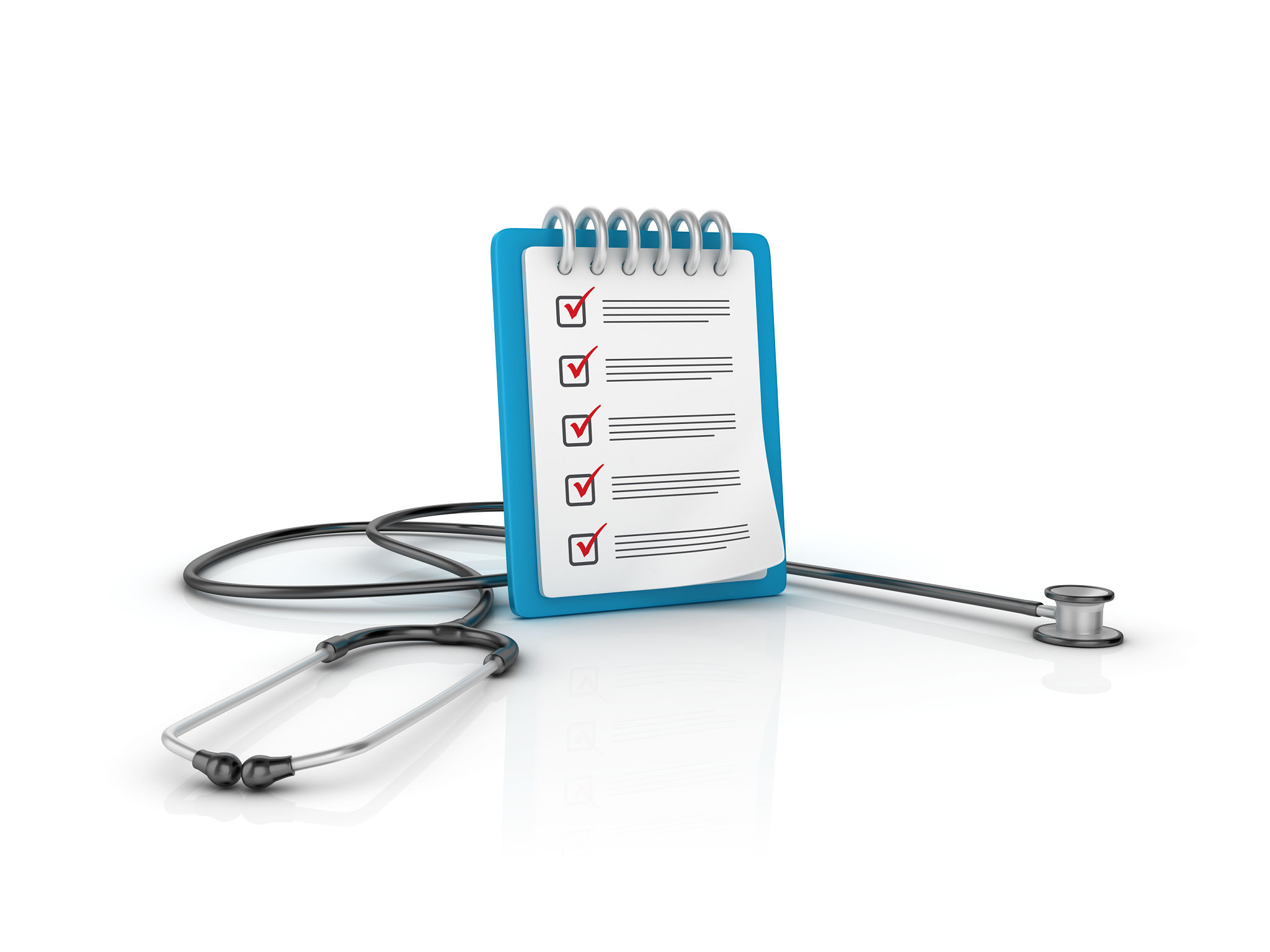The Importance of Timely Medical Deliveries: Ensuring Patient Safety and Compliance
VE
The Critical Role of Timely Medical Deliveries
In the rapidly evolving healthcare landscape, the importance of timely medical deliveries cannot be overstated. From life-saving medications to essential medical equipment, ensuring that these items reach their destinations on time is crucial for maintaining patient health and safety. Moreover, the COVID-19 pandemic has only heightened the need for efficient delivery systems to support the healthcare infrastructure.
Timely deliveries are vital because they enable healthcare providers to offer prompt and effective treatment. Delays in receiving necessary supplies can lead to postponed treatments, compromised patient care, and even life-threatening situations. Hence, an efficient delivery system is not just a logistical necessity but a critical component of healthcare services.

Ensuring Patient Safety Through Efficient Deliveries
Patient safety is at the forefront of healthcare priorities, and timely medical deliveries play an integral role in achieving this goal. Medications often have specific storage requirements and expiration dates, making delays in transport a potential risk to their efficacy. Regular and prompt supply of pharmaceuticals ensures that patients receive their medications in optimal condition.
Furthermore, critical medical equipment such as ventilators, diagnostic tools, and surgical instruments must be delivered with precision and speed. Any delay can disrupt medical procedures and put patient lives at risk. Therefore, healthcare facilities must collaborate with reliable delivery partners who understand the urgency and importance of these tasks.

Compliance with Regulations
In addition to patient safety, timely deliveries are essential for maintaining compliance with regulatory standards. Numerous regulations govern the healthcare industry, particularly concerning the handling and transportation of medical goods. Adhering to these standards is not only a legal obligation but also a commitment to quality care.
Pharmaceutical companies and healthcare providers must ensure that their delivery processes comply with guidelines set by regulatory bodies such as the FDA and EMA. This includes managing temperature-controlled shipments, maintaining detailed records, and ensuring traceability of products from dispatch to delivery.

The Benefits of Advanced Delivery Solutions
As the demand for timely medical deliveries grows, so does the need for innovative solutions. Advanced logistics technologies, including GPS tracking and real-time monitoring systems, have revolutionized the way medical supplies are transported. These technologies provide instant updates on shipment status, enabling proactive measures in the event of delays.
Moreover, the introduction of drones and autonomous vehicles in medical deliveries offers promising solutions to reach remote or hard-to-access areas quickly. Such innovations not only enhance the efficiency of medical deliveries but also expand the reach of healthcare services to underserved communities.

A Collaborative Approach to Timely Deliveries
Ensuring timely medical deliveries requires a collaborative approach between various stakeholders in the healthcare ecosystem. This includes pharmaceutical companies, logistics providers, healthcare facilities, and regulatory authorities. By working together, these entities can create seamless supply chains that prioritize patient needs.
Regular communication and data sharing among stakeholders can help in anticipating demand fluctuations and optimizing delivery routes. Additionally, investing in staff training and development can enhance the competency of personnel involved in the delivery process.
In conclusion, timely medical deliveries are indispensable for safeguarding patient health and ensuring compliance with healthcare standards. By leveraging technology and fostering collaboration across the healthcare industry, we can continue to improve delivery systems and ultimately enhance patient care.